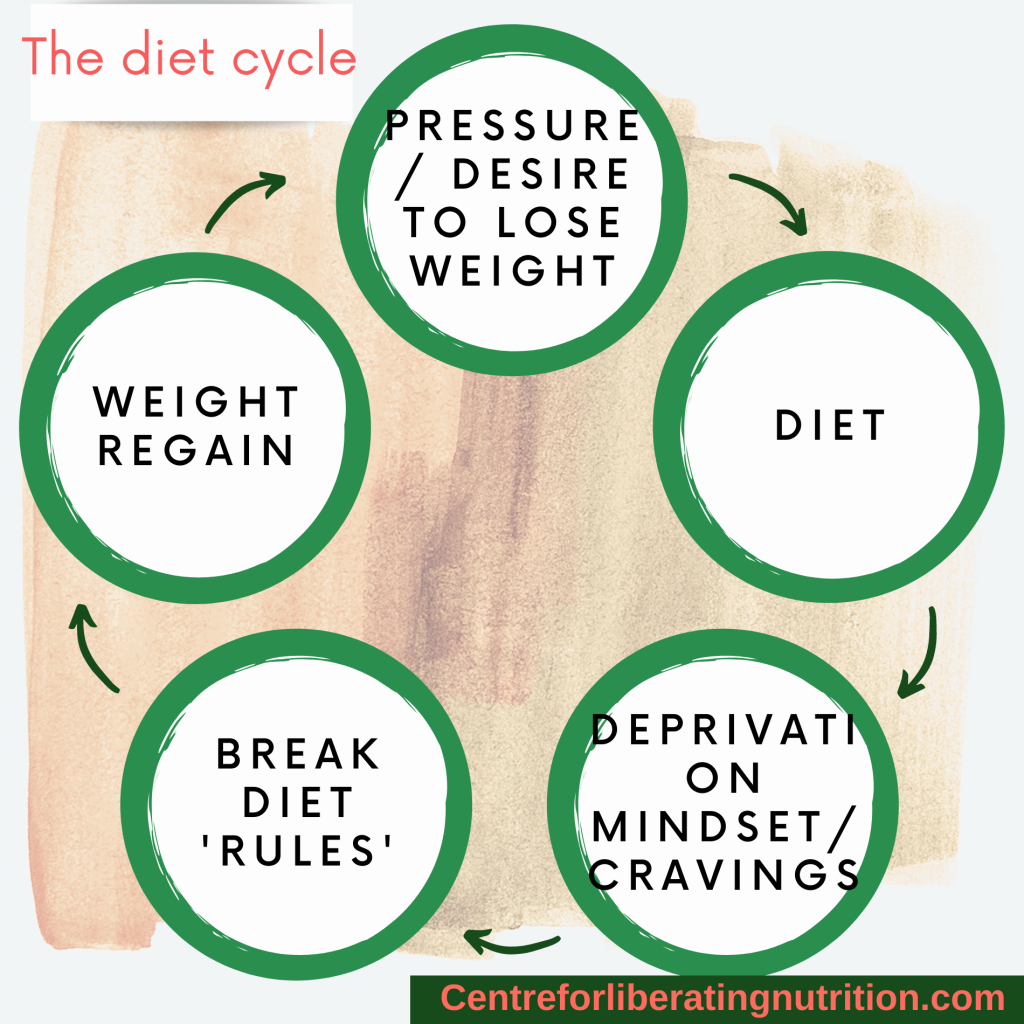In a world where diets and food restrictions seem to dominate the conversation about healthy eating, there’s a gentle, transformative practice that often goes unnoticed: mindful eating. Contrary to popular belief, this approach doesn’t involve counting calories or imposing rigid rules on your diet. Instead, it encourages you to develop a deeper connection with your food and your body, ultimately helping you regain control around what you eat.
Mindful Eating: A Holistic Approach
Mindful eating is a holistic approach to food that encourages you to be present and attentive to your eating experiences. It’s about savouring each bite, appreciating the flavours, and listening to your body’s cues. In a world where we often rush through meals or eat on the go, mindful eating invites us to slow down and savour the moment.


Embracing Your Favourite Foods
One of the most significant misconceptions about mindful eating is that it restricts you from enjoying your favorite foods. Quite the opposite, it encourages you to indulge in them fully. When you savour your favourite foods mindfully, you allow yourself to truly enjoy them without guilt or regret. This experience can be liberating and even healing for those who struggle with food-related guilt and anxiety.
Maintaining a Healthier Relationship with Food
Mindful eating fosters a healthier relationship with food by eliminating the cycle of deprivation and bingeing. When you permit yourself to enjoy your favourite foods without judgment, you remove the allure of forbidden fruits. This, in turn, reduces the likelihood of eating more than you intend to or feeling out-of-control around food.
Moreover, mindful eating helps you become more attuned to your body’s hunger and fullness cues. You learn to eat when you’re hungry and stop when you’re satisfied. Additionally, mindful eating naturally supports a more balanced diet. This intuitive approach prevents the fluctuations in weight that often accompany restrictive diets and the subsequent ”overeating” that can follow periods of deprivation.

The Benefits of Mindful Eating
Here are some of the key benefits of incorporating mindful eating into your life:
- Enhanced Enjoyment: When you’re present with your food, every meal becomes a source of pleasure. You can savour the richness of your favourite foods without overindulging.
- Improved Digestion: Mindful eating promotes better digestion by allowing your body to properly process and absorb nutrients when you’re fully engaged in the act of eating.
- Stress Reduction: Being mindful can reduce stress and emotional eating, helping you manage your relationship with food during challenging times.
- Body stability: By listening to your body’s signals and eating intuitively, you’re less likely to experience dramatic fluctuations in body size.
- Long-Term Sustainability: Unlike restrictive diets that are difficult to maintain over time, mindful eating is a sustainable practice that can be incorporated into your daily life.
Conclusion
In a world obsessed with quick fixes and extreme dieting, mindful eating offers a refreshing alternative. It empowers you to have a more balanced relationship with food, allows you to enjoy your favorite foods guilt-free, and naturally supports a healthier lifestyle. By being present and attentive at the table, you can regain control around food and embark on a journey towards a more harmonious and sustainable approach to eating. So, why not take a moment to savour your next meal and experience the transformative power of mindful eating for yourself?

Want to discuss how we can help you?
Book your no-obligations FREE call using the link below!
© Centre for Liberating Nutrition 2023 | All Rights Reserved
aoife@centreforliberatingnutrition.com





















